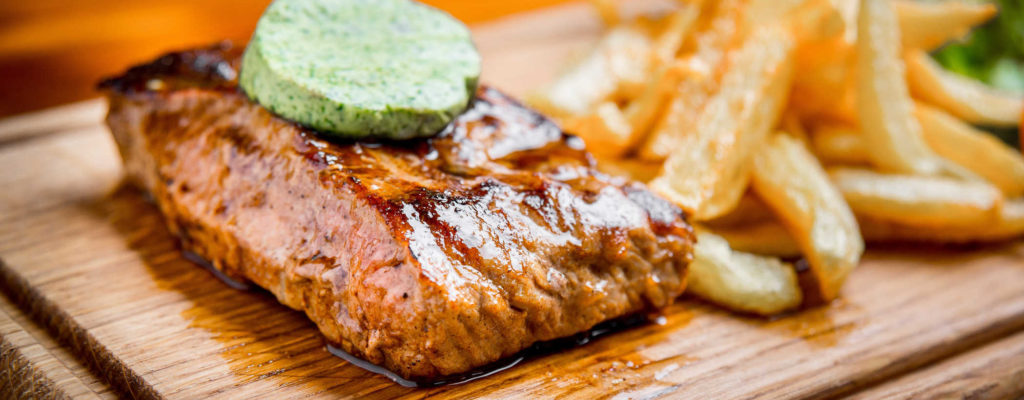
Iron supplementation is one of the essential factors that pregnant mothers need to pay attention to to ensure the health of themselves as well as the fetus.
Iron makes hemoglobin, a protein in red blood cells that carries oxygen to organs and cells in the body. During pregnancy, the body needs to make more blood to supply both you and your baby. In addition, your body also needs more iron to produce blood, which in turn helps the fetus develop rapidly.
Why is iron so important?
If you don't get enough iron in your diet, your iron stores will gradually deplete and you will be at risk of anemia . Iron deficiency during pregnancy is very common. It is estimated that half of pregnant women worldwide are iron deficient.
According to experts, iron deficiency anemia in the first 6 months of pregnancy will double the risk of premature birth and triple the risk of low birth weight babies. However, you can prevent and treat this easily.
Usually, during the first and last trimester of pregnancy, your doctor will check to make sure you don't have anemia. If your blood count is too low, your doctor may suggest that you take an iron supplement along with the vitamins you are taking before giving birth to increase iron for the rest of your pregnancy.
When should you supplement iron?
You should start taking a low-dose iron supplement (30 mg a day) after your first prenatal visit. In most cases, you'll get enough iron from your doctor's prescription vitamins.
You will need at least 27 milligrams (mg) of iron per day during pregnancy. While you are breastfeeding, you need to get at least 9 mg of iron per day if you are 19 years or older. If you are breastfeeding and under 18 years of age, you need an additional 10 mg of iron.
Food sources of iron
Red meat is one of the best dietary sources of iron for pregnant women. (The liver provides the most iron, but because the liver contains an unsafe amount of vitamin A, this type of food should be avoided during pregnancy.) If you are a vegetarian, you can get iron from legumes, vegetables, and whole grains.
There are two forms of iron: iron with heme protein found in plants (but also in meat, poultry, and fish) and heme-protein-attached iron found in foods derived from foods. animal. Iron with heme protein is easily absorbed by the body. To make sure you're getting the right amount of iron, eat a variety of iron-rich foods every day.
Common sources of iron supplements with heme protein:
Red meat, poultry, and fish are all good sources of iron with heme protein attached. You can refer to the following detailed information about the amount of iron in foods:
100 g of lean beef: 3.2 mg of iron;
100 g of lean beef tenderloin: 3.0 mg of iron;
100 g of roast turkey, dark meats: 2.0 mg of iron;
100 g of turkey breast: 1.4 mg iron;
100 g roast chicken, dark grilled meats: 1.1 mg iron;
100 g of grilled chicken breast: 1.1 mg of iron;
100 g halibut: 0.9 mg iron;
100 g of pork loin: 0.8 mg of iron.
Sources of iron without heme protein:
250 g of iron-fortified instant cereals: 24 mg of iron;
250 g of instant oatmeal: 10 mg of iron;
250 g of boiled soybeans: 8.8 mg of iron;
250 g of lentils: 6.6 mg of iron;
250 g of green beans: 4.8 mg of iron;
250 g of avocado beans: 4.5 mg of iron;
30 g of roasted pumpkin seeds: 4.2 mg of iron;
250 g of cooked black beans or pinto beans: 3.6 mg of iron;
250 ml of blackstrap molasses: 3.5 mg of iron;
115 ml boiled spinach: 3.2 mg of iron;
250 g of prune juice: 3.0 mg of iron;
1 slice of whole-wheat bread: 0.9 mg of iron;
55 mg of raisins: 0.75 mg.
The secret to getting more iron from your food source every day
Cook in a cast iron pan: Most succulent and sour foods like ketchup especially absorb iron very well when prepared this way.
Avoid coffee and tea with meals: They contain compounds called phenols that can block iron absorption. (It's best to stop drinking caffeinated beverages while pregnant.)
Eat foods rich in vitamin C such as orange juice, strawberries, or broccoli with meals, especially when eating iron-rich vegetables like legumes because vitamin C can increase the body's ability to absorb iron. six times.
Many healthy foods contain "iron inhibitors" that can reduce the amount of iron the body absorbs from one food and also the iron in another food when eaten at the same time. Phytates in whole grains and legumes, oxalates in soy foods and spinach and calcium in dairy products are examples of iron inhibitors. However, you do not need to cut these foods out of your diet, just eat them together with foods that enhance iron absorption - foods containing vitamin C or meat. handle, fish in a moderate amount.
The calcium intake of dairy products reduces iron absorption. So if you take calcium supplements or antacids that contain calcium, take it with a meal.
Consult your doctor if you have any questions about iron supplementation before pregnancy and during pregnancy. Your doctor will instruct and prescribe the right amount of iron for you.












